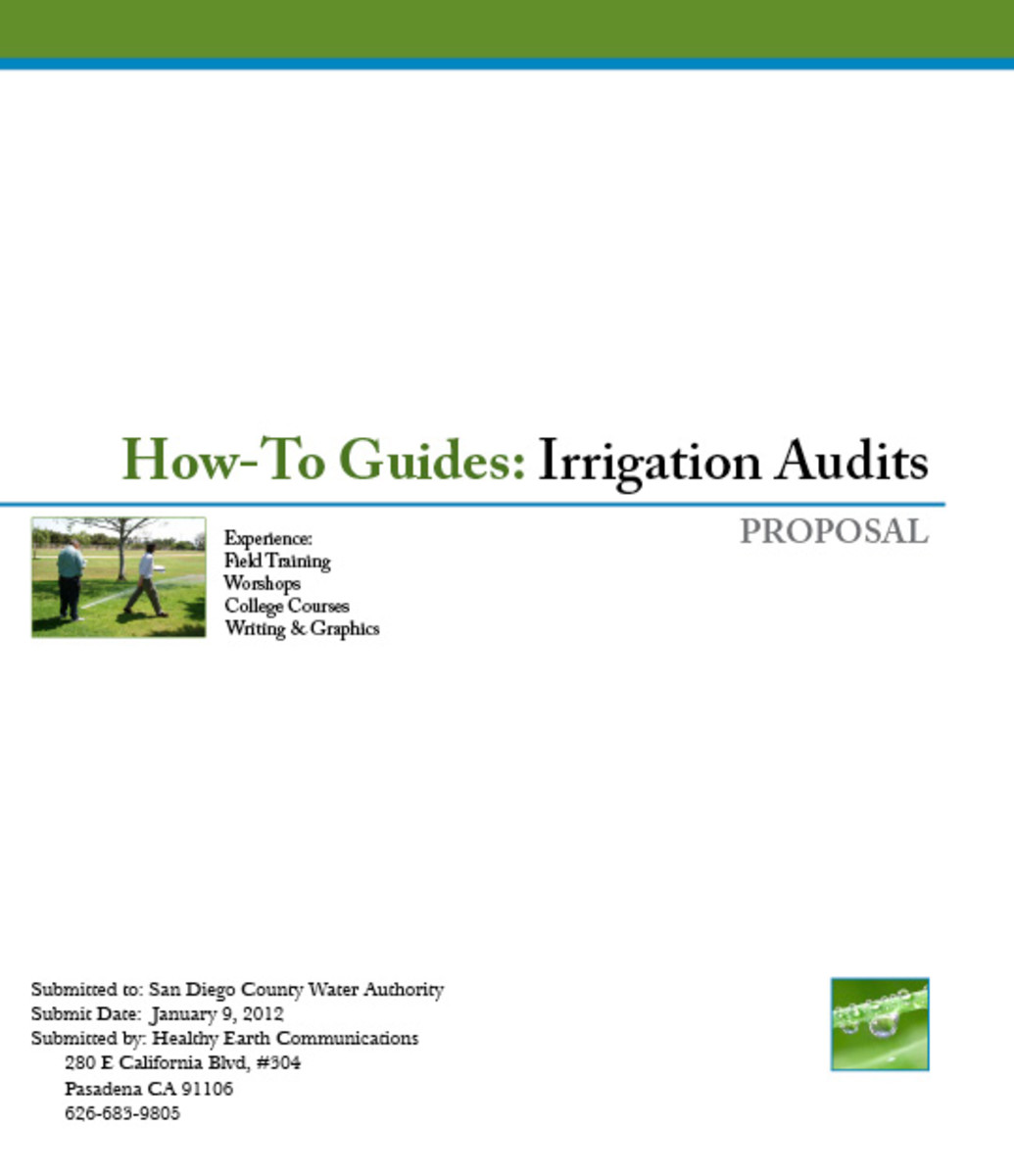- HubPages»
- Personal Finance»
- Tax & Taxes»
- Income Tax
IRS Tax Audits: The Selection Process
The IRS keeps their audit selection process a secret. Still, there are several things you can do to increase, or even guarantee, a letter from Uncle Sam. For years the IRS has audited fewer and fewer returns. Congress wants this changed. The IRS has a mandate to audit more people more often. Tax audits have started climbing again. You can reduce your risk of joining this group by taking a few simple steps.
This article will outline the different types of audits, the way tax return mistakes lead to audit, and so-called IRS audit “flags.” The focus of this article is to help you reduce your risk of audit, not eliminate the risk. There is no way to prevent an audit with 100% certainty.
I do not advocate overpaying your taxes as a way of reducing audit risk. An incorrect tax return has a BETTER chance of audit, not less. Besides, if you intentionally overpay your taxes, the IRS wins by not auditing you. My goal is to arm you with knowledge that helps you reduce audit risk and how to beat the IRS if they do choose to waste your time… I mean audit you.

Two Kinds of Audits
The most common IRS audit comes in the form of a letter asking for more information or to pay additional tax based on records sent to the IRS. These letter audits are narrow in scope and easy to handle. The IRS letter will assess additional tax based on information they have. Missed 1099s, W-2s, interest, or dividends are frequent culprits.
It is important to review the IRS letter for accuracy. About half of these letter audits are wrong. Remember, you are the first human to see the letter. A computer at the IRS generated the letter because a number didn’t match.
A common mistake is a missed Form 1099-B. This is from the sale of stocks, bonds, and mutual funds. The IRS will assess tax on the entire sale price and give you no credit for basis, a fancy word for your purchase price. Be sure to provide the IRS the additional information when it reduces your tax liability.
The less common, more hated and time consuming audit, is the field audit. These audits can become an intense review of your records. Field audits hit businesses more often, but individuals are not exempt.
In a field audit, the IRS agent will come to your home or business to review your records. It is a good idea to hire a qualified tax pro to help you in a field audit. A tax professional will have the IRS agent perform 95% of the audit in his office, not yours.

IRS Audit Triggers
I call them audit triggers. The IRS uses a scoring system, but 27 years of experience in the tax profession has outlined what really causes many unnecessary audits.
There are certain things you don’t want to change even though it increases your audit risk. A good example: income. The more you make the better the chance you get audited. Take the pay raise and don't worry about the audit risk due to a higher income.
Another is skipping deductions because they are large. If you donated 30% of your income to church and other tax-exempt organizations, then take the deduction. Keep your records safe. If the IRS comes a-knock’in, the audit will be short. Since the IRS does not want to waste time auditing people they cannot assess more tax, you now have a lower audit risk, even if the computer pulls your number.
I have noticed several things that seem to cause an audit every time. Here is a list I see in my office many times a year.
Travel Deductions/Miles: It is okay to deduct miles for your small business or for unreimbursed employee business miles. The problem results in the details. The tax forms all ask for the deductible business miles, commuting miles, and other personal miles. Commuting and personal miles are not deductible. It is a mistake to only put down the deductible miles and neglect the request for personal miles. The IRS assumes you are deducting personal miles if you don’t put miles in the personal miles area. Save yourself the headache of a full-scale field audit. Put down all miles on the return: deductible, commuting, and personal, where indicated.
Mortgage Interest: It may sound dumb, but the IRS computer shoots sparks if you have $20,000 in mortgage interest and don’t itemize or forget to take the deduction. Don’t ask me why, but the IRS really jumps on this one. I see it two or three times a year on self prepared returns. It does keep tax pros working during the summer, however.
Bad Numbers: This one is plain sloppiness. Every year I get a dozen or so audits off the street where the taxpayer claims an astounding number on the tax return. Examples of this include: claiming a child tax credit without children, 2 million miles of medical expense (actually, the client came in and showed me 4 million, but who is counting), claiming the daycare credit without children, claiming IRA deductions not made, claiming mortgage interest while renting, and on and on. Like I said, it keeps accountants working all summer.
Ls and Ms: If you have a partnership or corporation, you want to fill out the L and M schedules. Don’t tell me it is too hard. If you skip it, the IRS will audit. What takes less time? I know. You want to keep the tax guy busy all summer.
Final Notes
You should not lose sleep worrying about an IRS audit unless you committed tax fraud. Then you need a good tax attorney.
Keep good records. Claim all income and deduct all allowable expenses. Review your tax return before mailing or e-filing. Most letter audits result from simple mistakes. Double check your numbers. A transposition can cost you a lot of time and money.
Most IRS auditors are good people doing their job. They prefer to see your tax return prepared correctly. Still, it is their job to assess tax when income is forgotten or deductions are inflated.
The best way to avoid an IRS audit is to pay attention to the details.








